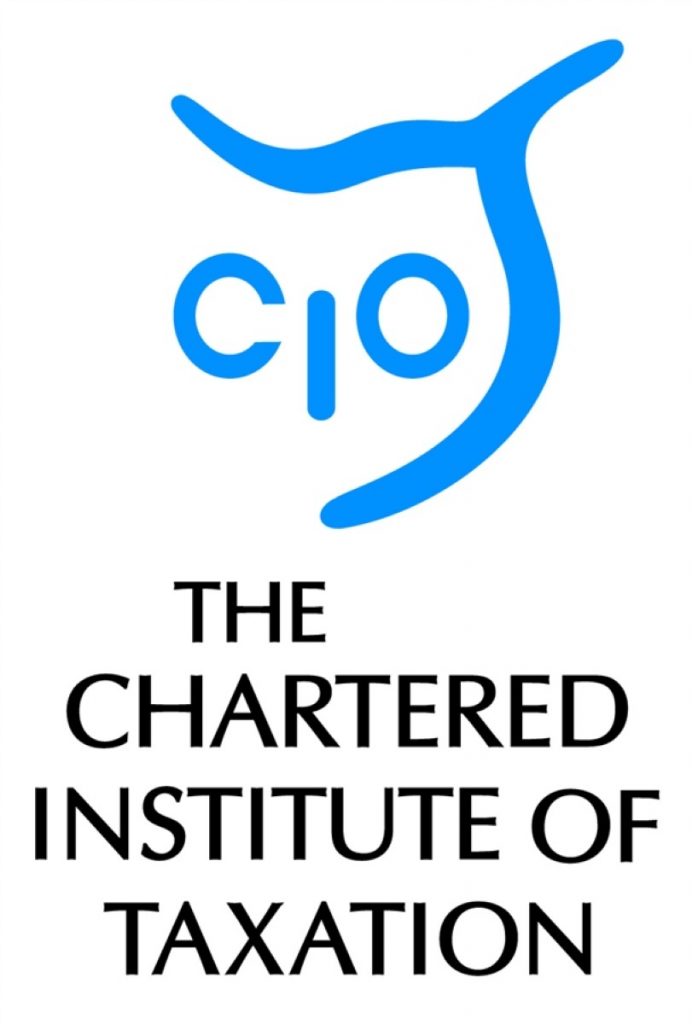OECD proposals ‘a significant step’ towards new international tax rules
The reports are the first products of the OECD/G20 Base Erosion and Profit Shifting (BEPS) project, which aims to deliver a co-ordinated international approach to combating tax avoidance by multinational companies. The OECD Secretary General will present the reports to G20 finance ministers at their meeting in Cairns, Australia on 20-21 September.
Commenting, CIOT Tax Policy Director Patrick Stevens said:
“This first wave of reports is a significant step forward in the process of modernising the international tax system, but the test will be getting international agreement for and implementation of a set of rule changes where there are a range of different perspectives and interests.
“A key area addressed by these reports is the taxation of the digital economy. We are pleased that the OECD has endorsed our view that the digital economy cannot be ring-fenced from the wider economy. While it can be tempting to see internet firms as a special case given the ease with which they can serve customers in a country without having personnel there, the reality is that it is difficult to draw lines which separate out digital commerce from other economic activity. Technological advance brings challenges for the international tax system which may require rule changes but these should be changes for all companies not just the most obviously internet-based. VAT is an important component in taxing digital products and forthcoming changes to EU place-of-supply rules will be significant in this regard.
“We welcome the template for country-by-country reporting by multinational companies which has been published today. This represents a significant improvement on the earlier draft, which went well beyond the requirements of the original G20 direction and would have been unduly burdensome for business, requiring some groups to produce thousands of pages of documentation. The challenge facing the OECD has been to produce something which will provide the information tax authorities need for risk assessment, particularly around transfer pricing, without burying business in extra paperwork. On first impression, the template published today seems to broadly achieve this.
“Obliging companies to disclose information on a country-by-country basis should aid tax authorities in their efforts to determine where a multinational’s income is generated, and thus where they should be taxed.
“Transfer pricing is at the heart of the rules for taxing multinational companies. Transfer pricing based on arms length prices has its difficulties, especially when it comes to measuring what is the correct value which should be attached to intangible assets such as brands. However the underlying principle, that profit should be taxed in the country where it is generated, is a sound one, and we welcome the OECD’s recognition, running through these papers, that this principle should continue to endure, strengthened by tax authorities’ improved access to information.
“Less prominent in these papers but still important is the need for developed countries to help developing countries improve their ability to collect taxes by helping them develop robust and capable tax authorities, as well as providing broader support for measures to improve governance and strengthen the rule of law.”
Patrick Stevens concluded:
“There are no quick answers to how governments and tax authorities should approach the taxation of multinational corporations. Reaching a consensus on a coherent set of international tax principles that will eliminate non-taxation of profits and which can be implemented without an excessive increase in the compliance burden will be a painstaking process. It will not be easy. Nevertheless I see a sense of common purpose which gives us an opportunity to modernise the international corporate tax system, rebuilding public confidence in it, while giving nations, taxpayers, businesses and investors the certainty they need to flourish and grow. It is important that we take it.”
Notes to editors:
1. The seven reports published today relate to:
· The Tax Challenges of the Digital Economy
· Hybrid Mismatch Arrangements
· Harmful Tax Practices
· Tax Treaty Abuse
· Transfer Pricing & Intangibles
· Transfer Pricing Documentation and Country-by-Country Reporting
· The Feasibility of Developing a Multilateral Instrument on BEPS
The reports are available online here.
2. The Chartered Institute of Taxation
The Chartered Institute of Taxation (CIOT) is the leading professional body in the United Kingdom concerned solely with taxation. The CIOT is an educational charity, promoting education and study of the administration and practice of taxation. One of our key aims is to work for a better, more efficient, tax system for all affected by it – taxpayers, their advisers and the authorities. The CIOT’s work covers all aspects of taxation, including direct and indirect taxes and duties. Through our Low Incomes Tax Reform Group (LITRG), the CIOT has a particular focus on improving the tax system, including tax credits and benefits, for the unrepresented taxpayer.
The CIOT draws on our members’ experience in private practice, commerce and industry, government and academia to improve tax administration and propose and explain how tax policy objectives can most effectively be achieved. We also link to, and draw on, similar leading professional tax bodies in other countries. The CIOT’s comments and recommendations on tax issues are made in line with our charitable objectives: we are politically neutral in our work.
The CIOT’s 17,000 members have the practising title of ‘Chartered Tax Adviser’ and the designatory letters ‘CTA’, to represent the leading tax qualification.





-01.png)